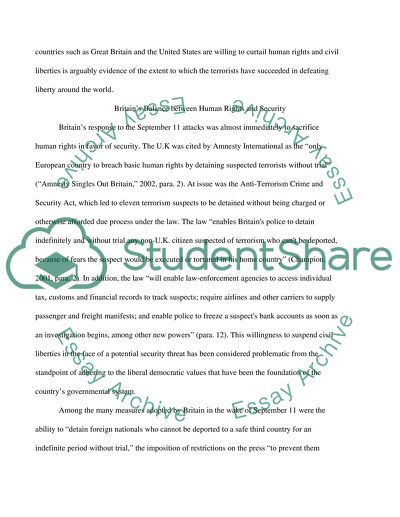Cite this document
(“Terrorism Essay Example | Topics and Well Written Essays - 1000 words”, n.d.)
Retrieved from https://studentshare.org/sociology/1517822-terrorism-essay
Retrieved from https://studentshare.org/sociology/1517822-terrorism-essay
(Terrorism Essay Example | Topics and Well Written Essays - 1000 Words)
https://studentshare.org/sociology/1517822-terrorism-essay.
https://studentshare.org/sociology/1517822-terrorism-essay.
“Terrorism Essay Example | Topics and Well Written Essays - 1000 Words”, n.d. https://studentshare.org/sociology/1517822-terrorism-essay.


